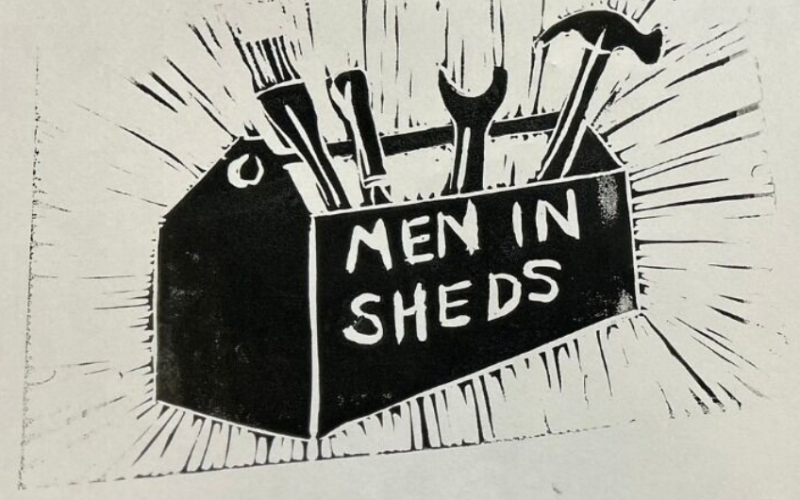In a world where neurodiversity is often misunderstood or overlooked, the importance of peer support spaces cannot be overstated. These spaces provide a vital haven for neurodivergent individuals to come together, share experiences, and find solace in a community that understands and accepts them unconditionally.
Neurodivergent individuals, including those with autism, ADHD, dyslexia, and other neurodevelopmental differences, often face unique challenges navigating a society built for neurotypical norms. From difficulties in social interactions to sensory sensitivities and executive functioning differences, the journey of a neurodivergent person can be filled with obstacles that are not always readily understood or accommodated by the mainstream world.
This is where peer support spaces step in to fill the gap. These spaces offer a safe and welcoming environment where neurodivergent individuals can connect with others who share similar experiences and challenges. Here, they can speak freely without fear of judgment or stigma, knowing that they are among peers who truly understand what they are going through.
One of the most valuable aspects of peer support spaces is the sense of validation and belonging that they provide. For many neurodivergent individuals, the experience of feeling misunderstood or out of place is all too common. In peer support spaces, however, they are surrounded by others who have walked similar paths and can offer empathy, validation, and understanding in abundance.
Additionally, peer support spaces offer practical benefits as well. They provide a platform for sharing coping strategies, resources, and information about neurodiversity-related topics. From tips for managing sensory overload to recommendations for accessible accommodations, these spaces serve as invaluable repositories of knowledge and support.
Peer support spaces can play a crucial role in fostering self-advocacy and empowerment among neurodivergent individuals. By engaging in discussions, sharing stories, and learning from one another, participants gain confidence in their identities and abilities. They are empowered to advocate for themselves and others, challenge stereotypes and misconceptions, and strive for greater acceptance and inclusion in society.
Peer support spaces come in many forms, ranging from informal gatherings among friends to structured support groups facilitated by trained professionals. Regardless of the format, what matters most is the sense of community and connection that these spaces foster.
By embracing and nurturing these spaces, we can create a more inclusive and supportive society where all neurodivergent individuals can thrive.
Diversity and variety are sources of strength not because one thing is inherently better than another but because each difference adds to the beauty and inclusivity of our world, ensuring that no one is left behind.
Useful Resources:
Autism.org.uk/ Autism Services Directory support and guidance for autistic people and their families. Campaigns for improved rights, services and opportunities
Written By: Navigator, UOK Central Access Point



